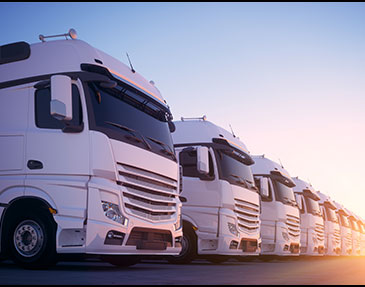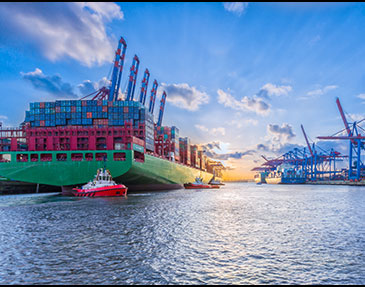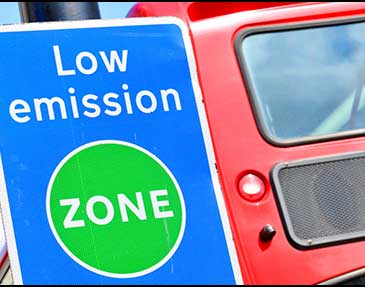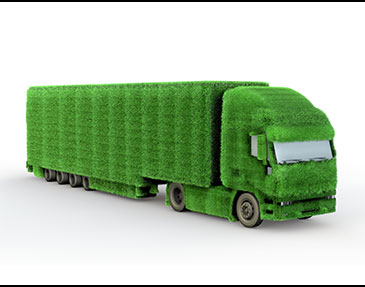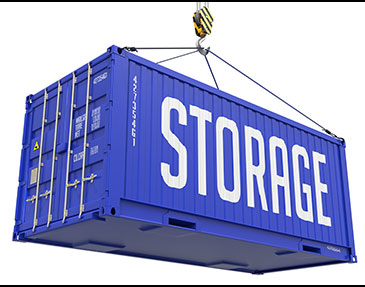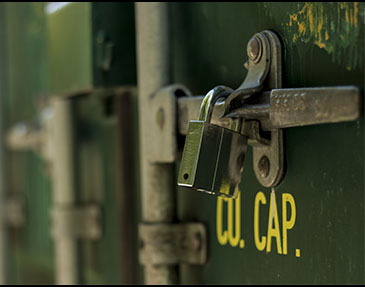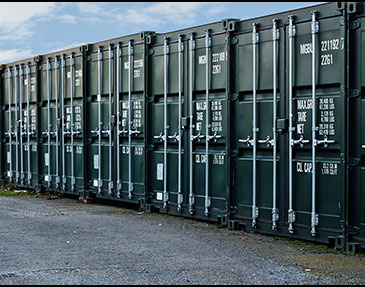RHA events coming up
The Road Haulage Association (RHA) is the industry body that represents all of us in the business of transporting loads for all types of clients.
Almost everything we eat, drink, or wear, not to mention the materials needed for construction sites and manufacturing will at some point have been transported by lorry.
This year the RHA celebrates its 75th anniversary and there is a special commemorative film that you can watch via this link.
Each year the RHA celebrates National Lorry Week, and this year it will be held from Monday, 16 September 2019 until Sunday 22 September 2019.
Local events are held in schools and colleges, but this year there is also a Twitter challenge to reach more than two million posts on @RHANews with stories about the events you are holding #LoveTheLorry. There is a £100 for the best entry.
The RHA’s annual Autumn conference will be held on Thursday 3 October at the NEC, Birmingham and will cover the topics that are most affecting hauliers, not least Brexit.
There is an early bird discount for bookings before August 16 and bookings can be made online via the RHA website.


